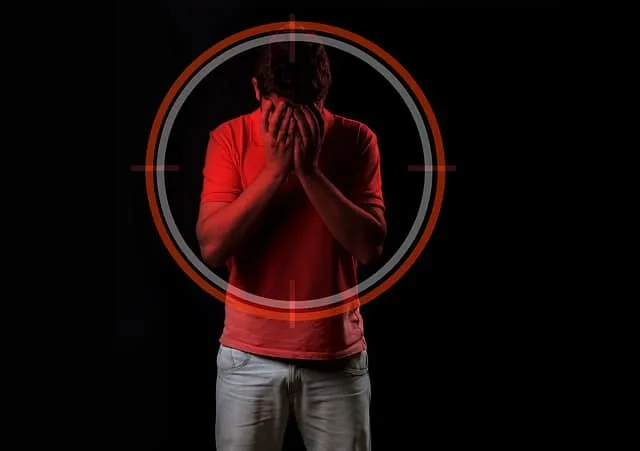
Here’s the thing we need to understand as parents. There could well be times when our teens are tempted to try drugs.
They might do so because of peer pressure. They might do so because they think ‘it’s cool.’ And they might take drugs to take the edge off home and academic pressures.
Be it marijuana, prescription drugs, or something harder; we need to recognize that, according to statistics, drug-taking is a common habit amongst society’s teens. For all we know, you might have spotted the signs of drug use in your teen already.
So how to tell if someone is on meth or other forms of drug abuse? An abrupt loss of interest in life aspects that were once important to the individual is one of the earliest signs of meth addiction. Weight loss, paranoia, lengthy periods of not sleeping, and a quick temper are all physical indications of meth use and addiction.
So, how do you talk to your teen about the problem?
Well, you can do so in the following ways.
#1: Find teachable moments
Use those everyday events that can be used to talk about drugs to your teen.
It might be a celebrity news story of a musician who has had to attend a heroin addiction treatment center. It could be a headline in your local paper of a teen who has succumbed to the effects of drugs.
And you might be with your teen in town, where evidence of drug use is open for others to see in the lives of the people congregating in your neighborhood. These moments can be used to kickstart conversations, and for you to gain an understanding of what your teen already knows about drugs.
You could also have a movie night with your teen, with a film that specifically covers the issues surrounding drug use.
Movies such as Beautiful Boy, about a family torn apart by a teenager’s meth addiction, is just one excellent example. Use the film to debate the power of addiction, and the way that everybody’s life is affected, and not only the life of the teen at the center of the film.
#2: Share stories of people in recovery
It’s important that your teen knows there is help available if they struggle with addiction. And it’s important that they know other people have managed to overcome their issues with drugs.
So, use real-life stories of others within your conversations, especially if you suspect your child is already taking drugs in their life.
This could be your means of encouraging your teen to find the help they need. But even if your teen isn’t taking drugs, by sharing these stories, your child will understand the regrets of those people who dabbled with something in the first place.
They will come to understand that drug-taking does have serious consequences, so use the lessons of others to deter your child from taking something that might one day damage their life.
#3: Have a loving conversation
The moment you come down hard on your teen about the drugs they may or may not have been taking is the moment when you risk alienating them.
So, stay calm with your teen, talk to them about your fears for their wellbeing, and let them know that you would hate for anything bad to happen to them. Use the facts found in drugs guides to let your teen know the consequences of what they might currently be taking, or what they might one day be tempted to try.
And tell your teen that you are always there for them; that if they one day do need to talk to you about peer pressure or addiction problems, that you are open to listening and helping them through their problems.
We hope these suggestions were useful to you, but let us know if you any other words of wisdom to give to any of our parent readers concerned about issues surrounding drug use. And if you do need any other advice, be sure to contact the relevant help groups in your area.
As a parent, it is important to be proactive in talking to your teen about drugs and drug addiction. Some ways to start the conversation include asking about their friends and what they think about drug use, sharing your own experiences or observations about drug use, and emphasizing that drug addiction is a serious issue. It is also important to listen to your teen and be open to their questions and concerns. Finally, provide resources and support if your teen is struggling with drug addiction.
- Sagittarius Man & Gemini Woman Love and Sex Compatibility - January 31, 2024
- Taurus Ascendant Rising Personality Traits in Men (Guide) - January 31, 2024
- How to Seduce and Attract a Sagittarius Man (Seduction Tips) - January 31, 2024
